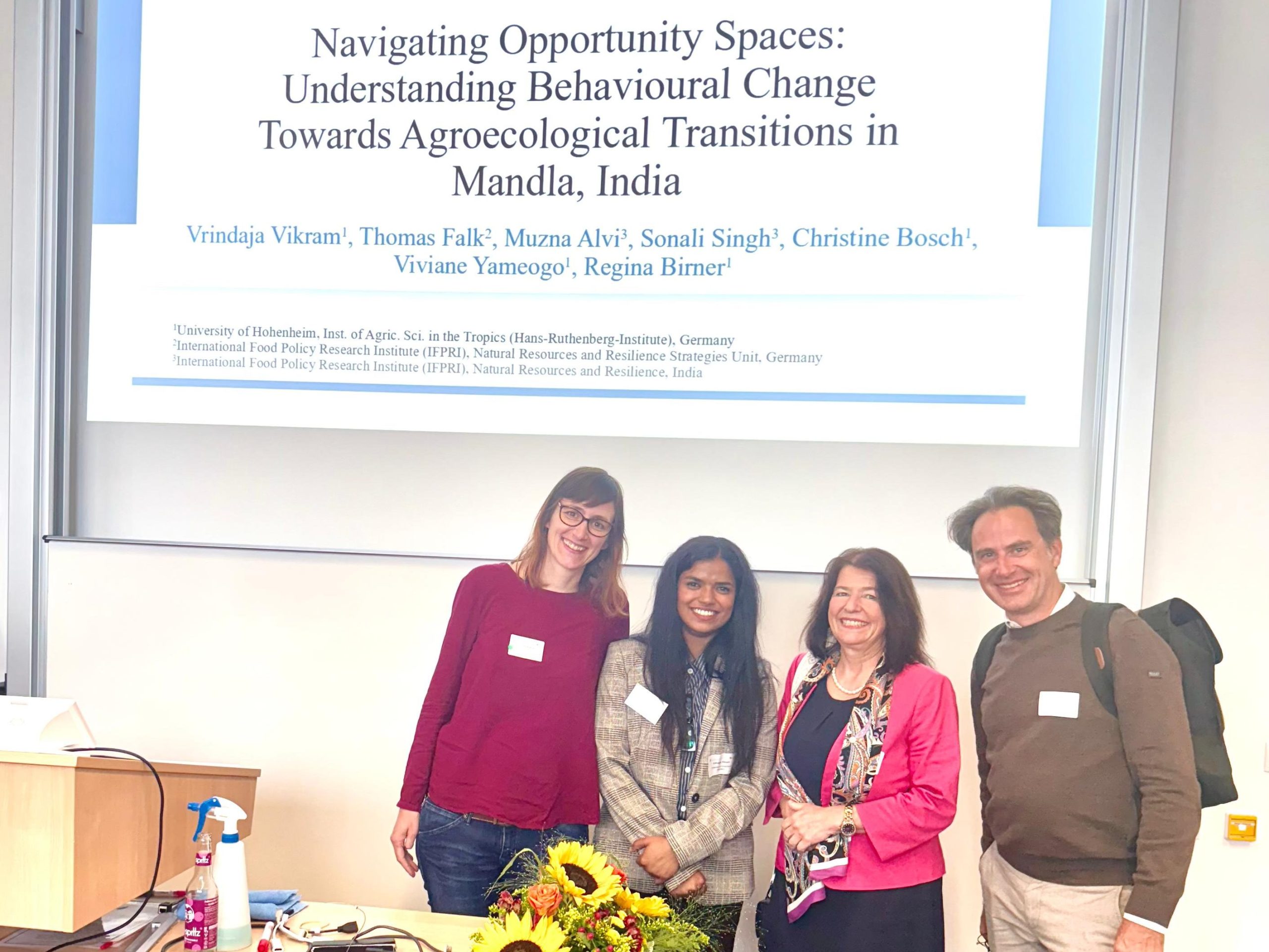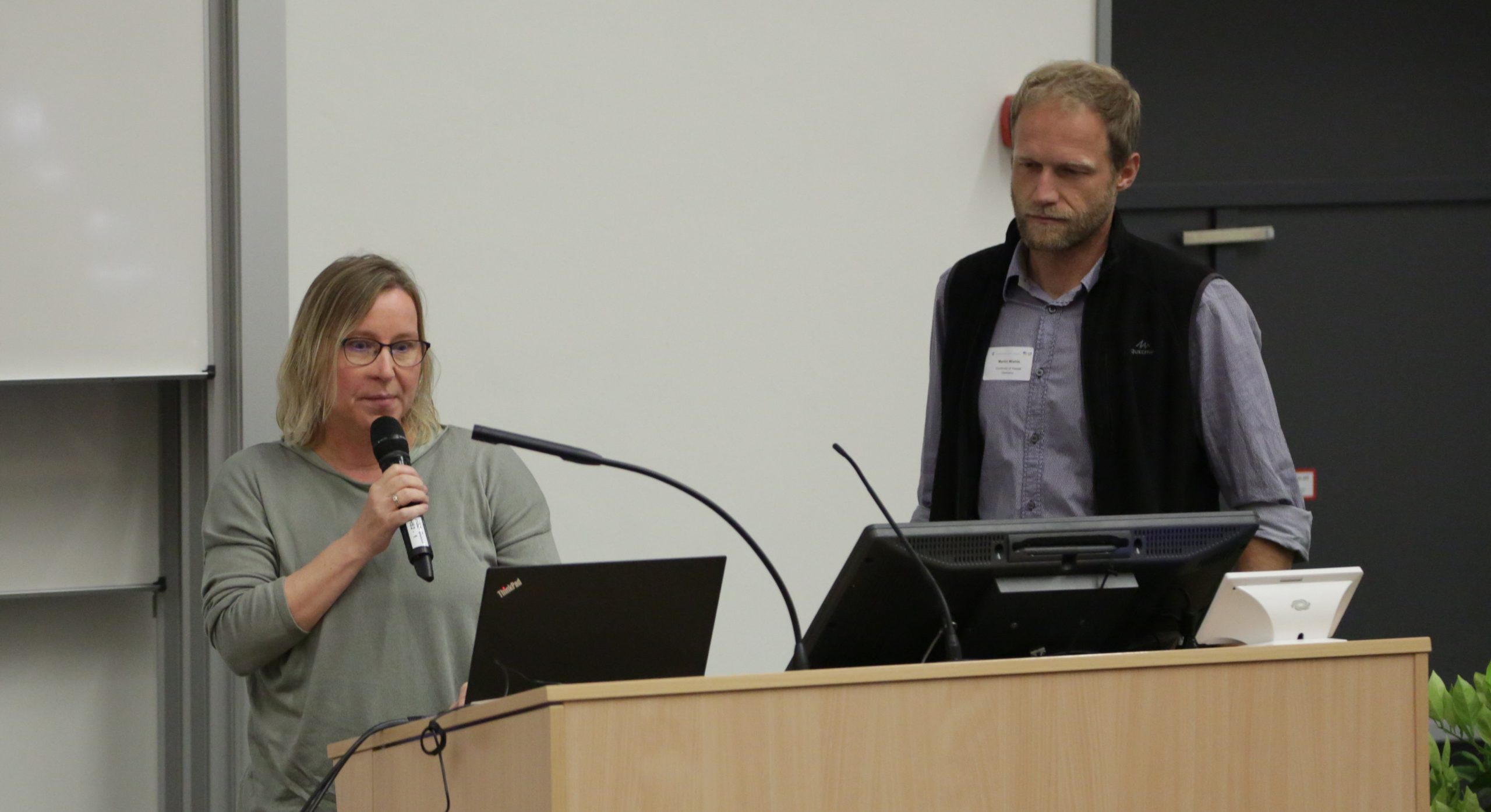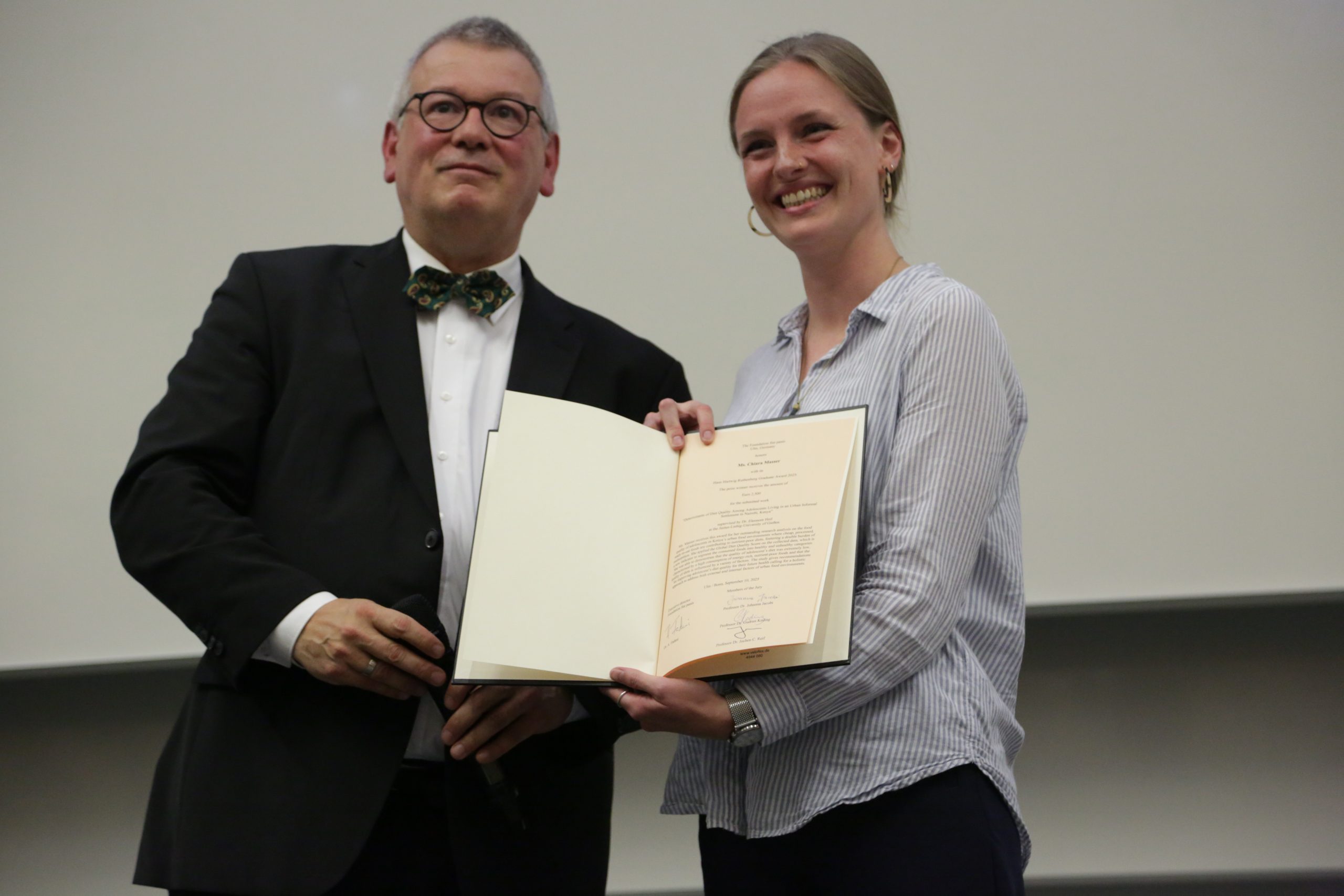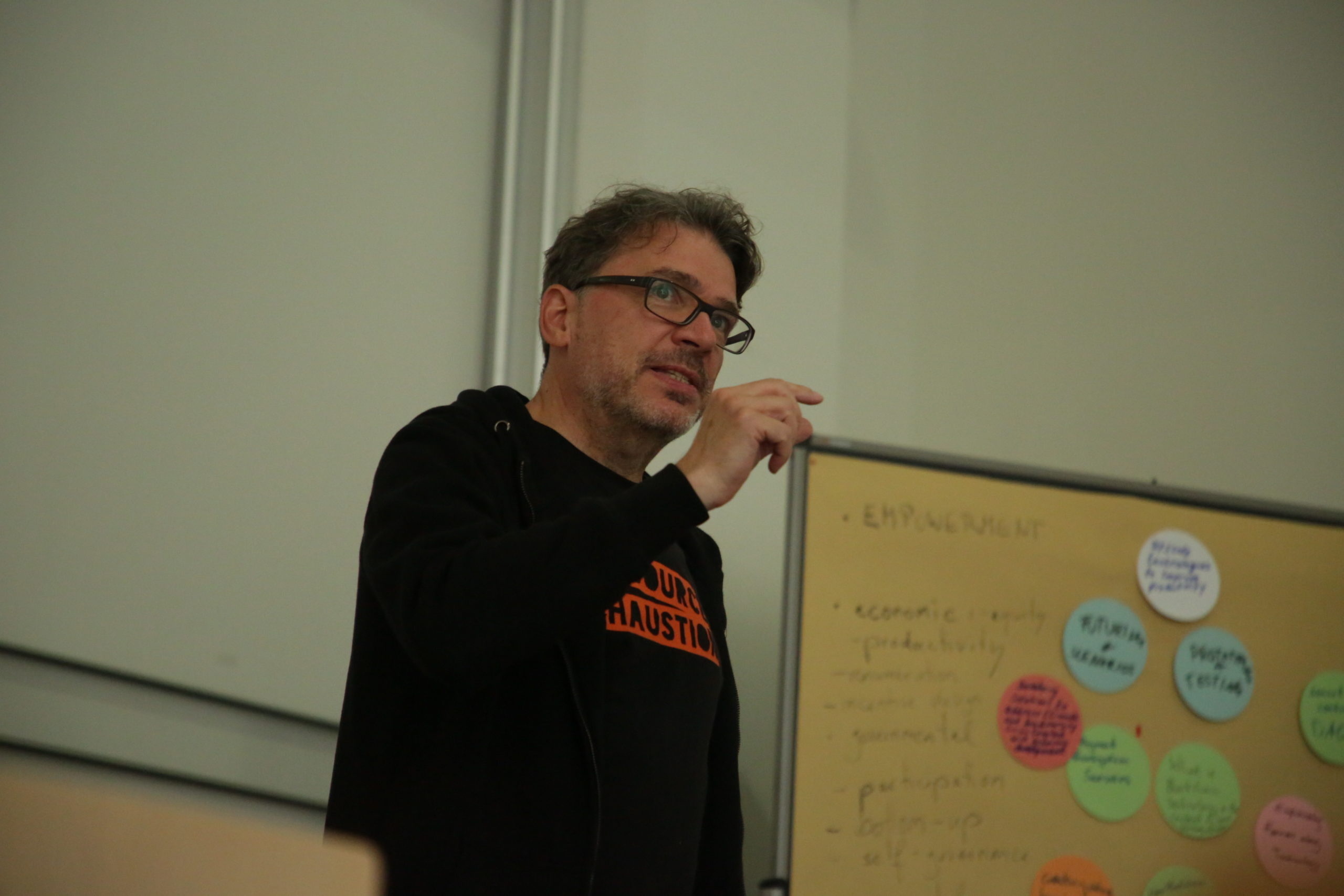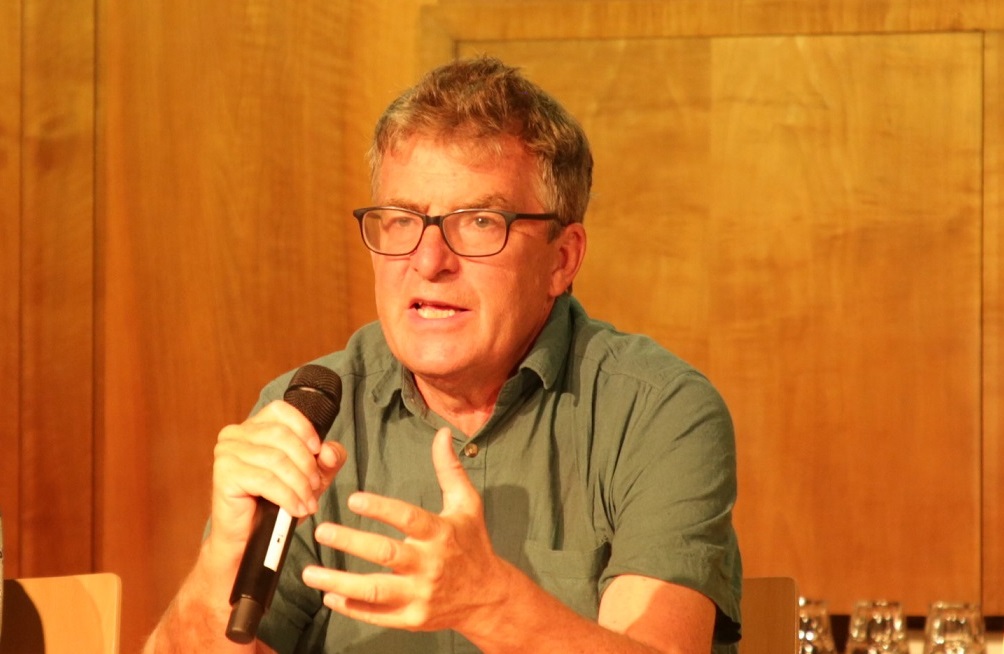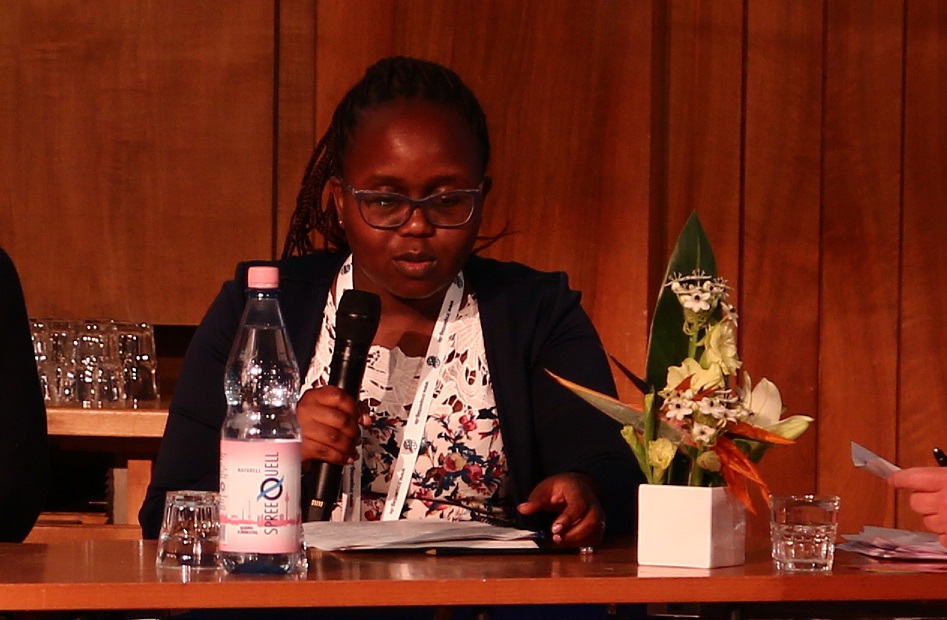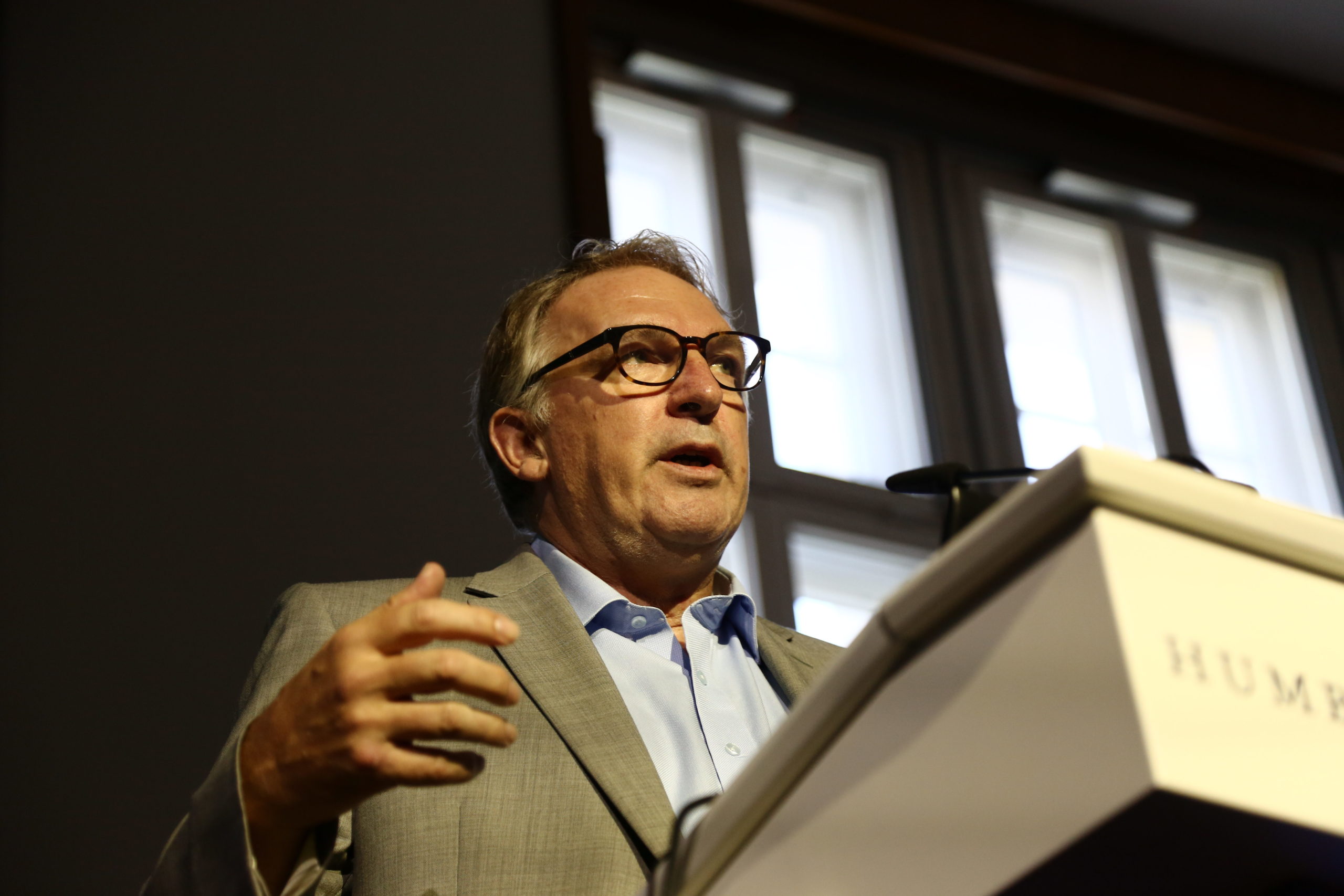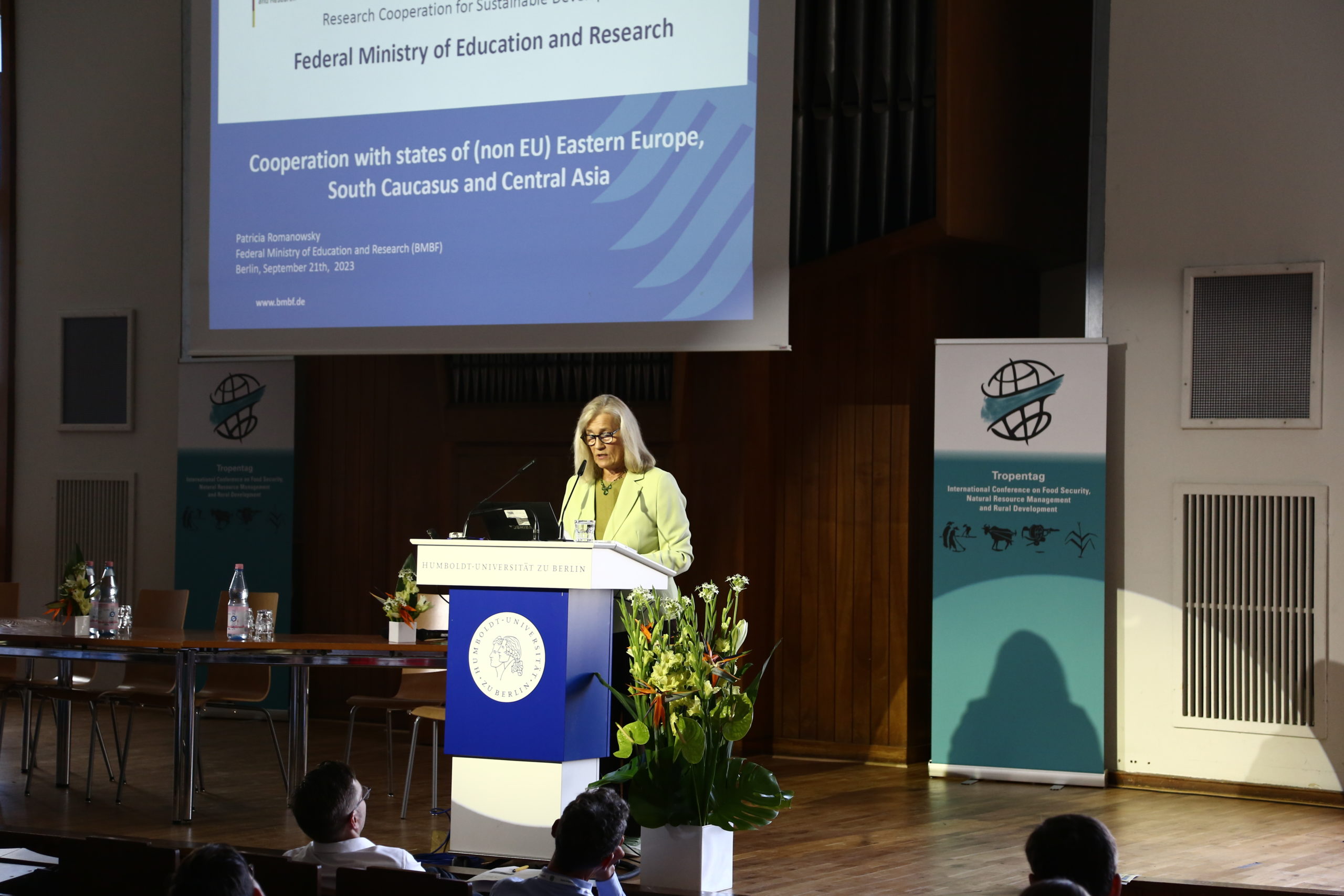Imagine being a farmer who wants to do things differently—grow more diverse crops, care for the soil, reduce chemical use. You can already see the benefits. Your neighbours agree. Yet without access to credit, without
After three days of vibrant discussions and knowledge-sharing, the curtain falls on this year’s Tropentag in Bonn. Under the theme “Reconciling Land System Changes with Planetary Health,” researchers, students, and practitioners came together to exchange
In Nairobi’s informal settlements, teenagers know healthy eating matters—but poverty and limited food choices keep balanced diets out of reach. At Tropentag 2025, Chiara Masser from Justus Liebig University Giessen presented striking new evidence on
In the world of sustainable agriculture, discussing “blockchain” and “farming” in the same breath might raise eyebrows, especially within the scientific community. Yet, in this workshop, we dared to venture into this intriguing territory and explored how blockchain and Web 3.0 could potentially revolutionize local initiatives within our food systems.
On the last day of Tropentag, one of the keynote speakers, Professorial Fellow, Ian Scoones, from the Institute of Development of the University of Sussex, talked about extensive livestock and pastoral systems from across the
During the BMEL session, an expert panel engaged in a discussion covering the numerous dimensions and research prerequisites of a rights-based approach toward equitable food systems. It also featured Project NaviNut, coordinated by DITSL (German
A division of the International Fund for Agricultural Development (IFAD), Research and Impact Assessment (RIA), held a successful pre-conference workshop on the 19th of September 2023 at Humboldt University in Berlin before the International Conference on Research on Food Security, Natural Resource Management, and Rural Development known
The BMZ-GIZ-CGIAR session initiates a discussion on the potential of Payments for Ecosystem Services (PES) schemes to enhance the economic well-being of smallholders while simultaneously promoting the desired environmental outcomes. Speakers share valuable insights from various PES implementations across Africa, Latin America, and Asia, shedding light on the potential trajectory of future PES schemes.
Through a series of engaging presentations and a thought-provoking panel discussion, researchers from various institutions showcase results of collaborative projects centered around sustainable development. These initiatives are supported by Germany’s Federal Ministry of Education and Research (BMBF) and the Project Management Agency (DLR-PT), in line with BMBF’s mission to foster stronger ties with non-EU Eastern European, South Caucasus, and Central Asian nations.
What is better than chocolate ice cream? Or a hot chocolate on a cold, winter day? Or a box of Belgian chocolates? Or even a fudgy and decadent chocolate brownie?We can all agree that chocolate

